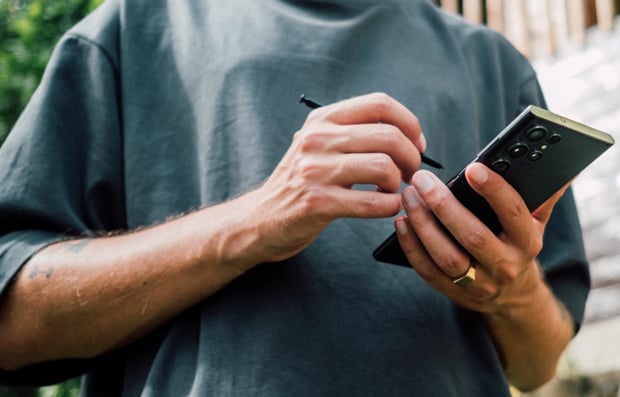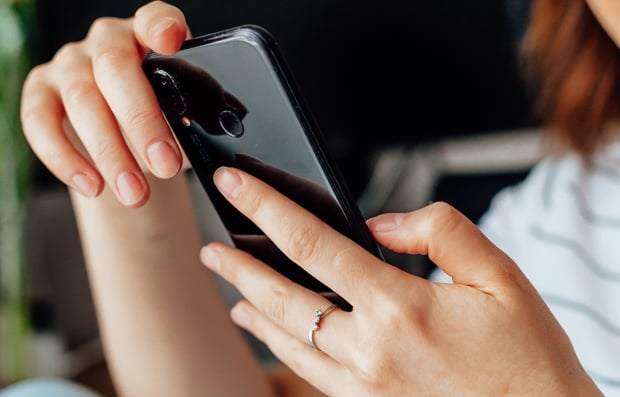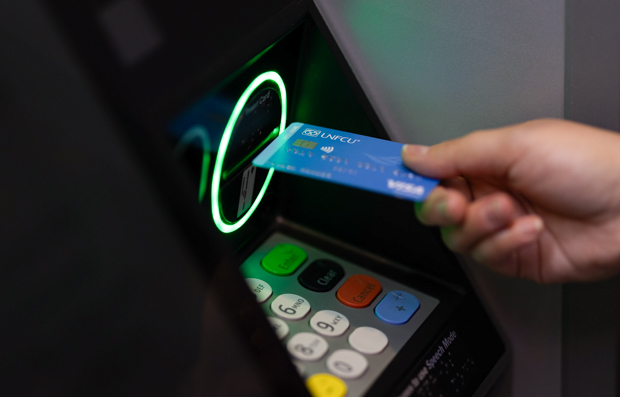Five tips for protecting yourself online
Read our tips on how to protect yourself against online scams.
Every year, online scams become more prevalent. However, with a few mindful practices, you can prevent fraud and keep your accounts safe. Here are some tips to protect yourself.
1. Use extreme caution before sending money to someone you have never met in person
Conduct extensive, independent research of a person or company if you are only dealing with them online. If you initiate a monetary transaction, you will most likely not be able to recover the money.
2. Gift cards are never an authorized type of payment, unless you are going shopping
If someone initiates contact with you and requests payment in the form of pre-paid gift cards, it is most definitely fraud.
3. Be cautious when accepting checks from anyone related to an online contact
A criminal may send you a check to deposit and then ask you to return some of the money by money transfer. The check will likely turn out to be fake, leaving you with a loss.
4. If the offer seems too good to be true, it probably is
Be especially cautious if you have a feeling that something seems unusual or suspicious. Listen to your intuition.
5. If you are posting personal information online, check the security and privacy settings of the websites
Personal information includes résumés and online profiles. You should be able to control these to limit access to your personal details. In general, try to minimize the amount of personal information you post online. Always be careful with whom you connect on any social networking site.
Keep online passwords secure
- Use different passwords for different websites.
- Choose strong passwords that combine letters, numbers, and special characters.
- Do not write down your passwords where they can be easily found.
- Do not share your passwords.
- Change passwords often.
- Consider password managers.
Further reading
You can further protect your access to secure sites by setting up two-factor authentication and avoiding logging in from public spaces or using public Wi-Fi.
To help you make safer cash transactions, also view our tips on protecting yourself at ATMs.
You may also be interested in

Protect yourself from fraudsters & scammers

Zelle®: Send money safely

